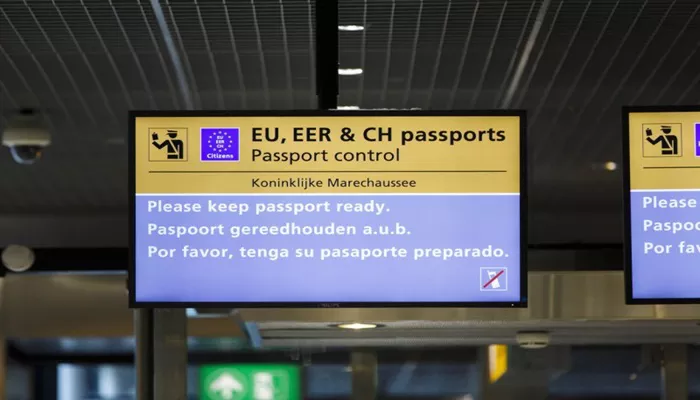Doha — The European Union will unveil a new electronic travel authorization system in the spring of 2025. This system will require travelers from visa-exempt countries, including the US, UK, Canada, Australia, and Japan, to obtain a €7 permit before entering the Schengen zone.
However, this new European Travel Information and Authorization System (ETIAS) will not affect visa requirements for travelers from countries like Morocco that currently need a Schengen visa.
Under ETIAS, travelers from 63 countries who do not require a visa will need to complete an online application and pay a €7 fee before visiting the 27 Schengen countries. Most applications are expected to be approved within an hour via email. The EU anticipates that over 95% of applications will be processed quickly, though some may take up to 96 hours if further checks are needed.
The permit will be valid for three years or until the traveler’s passport expires, whichever comes first.
The European Commission, which proposed ETIAS in 2016, describes the system as a “necessary and small procedural step.” The aim is to enhance border security and address migration and terrorism concerns. ETIAS will help EU member states assess potential risks posed by travelers who enter without a visa.
The system is designed to prevent cross-border crime and terrorism by identifying security threats before travelers reach Europe.
Originally scheduled to launch in early 2024, ETIAS’s implementation has been delayed to ensure the technology is fully developed. The EU is also introducing a new Entry/Exit System (EES) in November 2024. This system will use fingerprint and facial scans to replace traditional passport stamps.
ETIAS will include a six-month transition period starting in May 2025. During this time, travelers will be encouraged but not required to obtain the authorization. After this period, airlines will need to verify ETIAS status before allowing passengers to board flights to Europe.
Once ETIAS is operational, it will be required for entry into the Schengen area as well as Cyprus, Andorra, and Monaco. Travelers under 18 and over 70 from visa-exempt countries will be able to apply for the authorization free of charge.
To avoid complications when ETIAS and EES are implemented, travel experts recommend that visa-exempt travelers apply for authorization at least 96 hours before their trip, ensure their passport is valid for at least three months beyond their planned stay, and renew their permit every three years.
It’s important to note that ETIAS will only apply to travelers from the 63 visa-exempt countries. Those from countries that still require a Schengen visa will continue to need to apply for a visa as usual.


